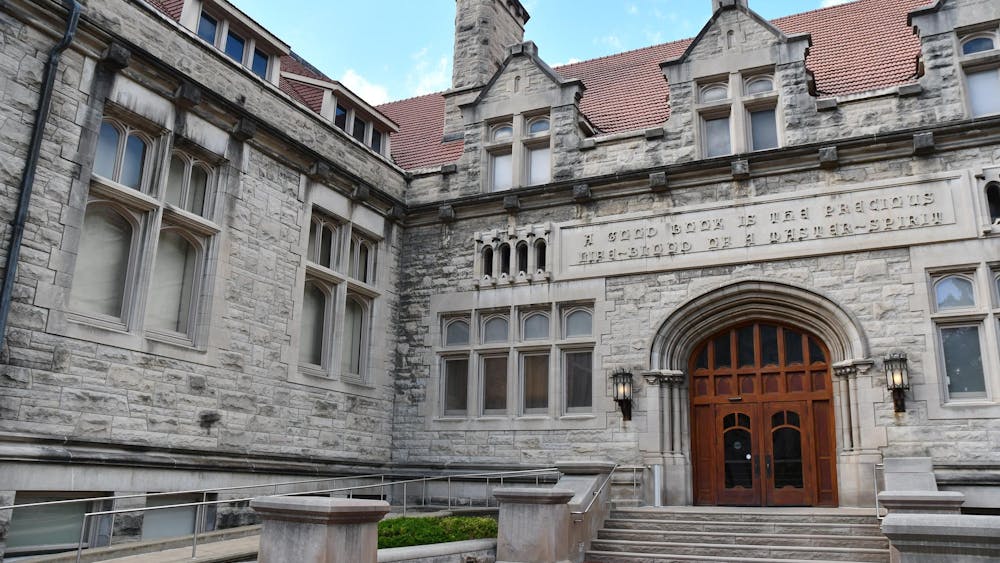The most central and strongest image in the Trump campaign thus far has been the Wall.
It was his first and most ridiculous promise to voters, but he stands by it today.
Over the last year, some of Trump’s more prominent supporters have attempted to almost justify this promise by doubting its legitimacy as a true and physical wall.
However, they are giving Trump far too much credit.
With the increasingly intense spotlight on Trump’s immigration policy, it is important to try to clarify what he has truly meant by his promise to build the wall.
Ricky Perry, former governor of Texas and long-time Trump supporter, has suggested in the past that the wall isn’t actually intended to be a monstrous physical barrier between the U.S. and Mexico, but in fact it may be a “technological wall.”
Whatever that means.
Perry, like an eager high school student in an AP Literature class, has delved deep into Trump’s words in an attempt to unlock any potentially hidden meaning.
A digital wall could be a profound idea, which would be uncharacteristic of Trump. A digital wall could be based some kind of intricate online platform for citizenship. It could provide jobs in informatics and — who knows — maybe even do its part to level out the gender gap in the coding industry.
But no, none of that is true.
The poet Donald Trump has not used any kind of literary device to conceal his intentions. It is all very real.
Trump has said over and over — in interviews, speeches and town halls — that the wall is a very real and very substantial construction.
Last week during a Fox News town hall, he assured us that it would not be “one of these little toys” either.
It’s not just the wall that his endorsers have tried to explain away. The mass deportation of all illegal immigrants on his first day in office that Trump has promised has gotten quite a bit of traction, as well.
Rep. Chris Collins, R-N.Y., one of Trump’s earliest supporters in Congress and a believer in the so-called virtual wall, has doubted that the deportation will be as big and jarring as Trump has said.
Instead, Collins suggests that a “rhetorical deportation” is really what Trump meant. This would entail, to him, illegal immigrants being deported to get their documents processed to receive a work permit and citizenship.
Though, again, that level of reading into his words paints Trump as someone far more thoughtful than brash.
The idea of the deportation being rhetorical just is not true, either. Collins stated it was merely his opinion, though he remains a strong Trump supporter.
It may be nice to imagine Trump’s policy platform a little more complexly, but in the end, as one Dr. Seuss would say, he “meant what he said and he said what he meant.”
meickhof@indiana.edu





